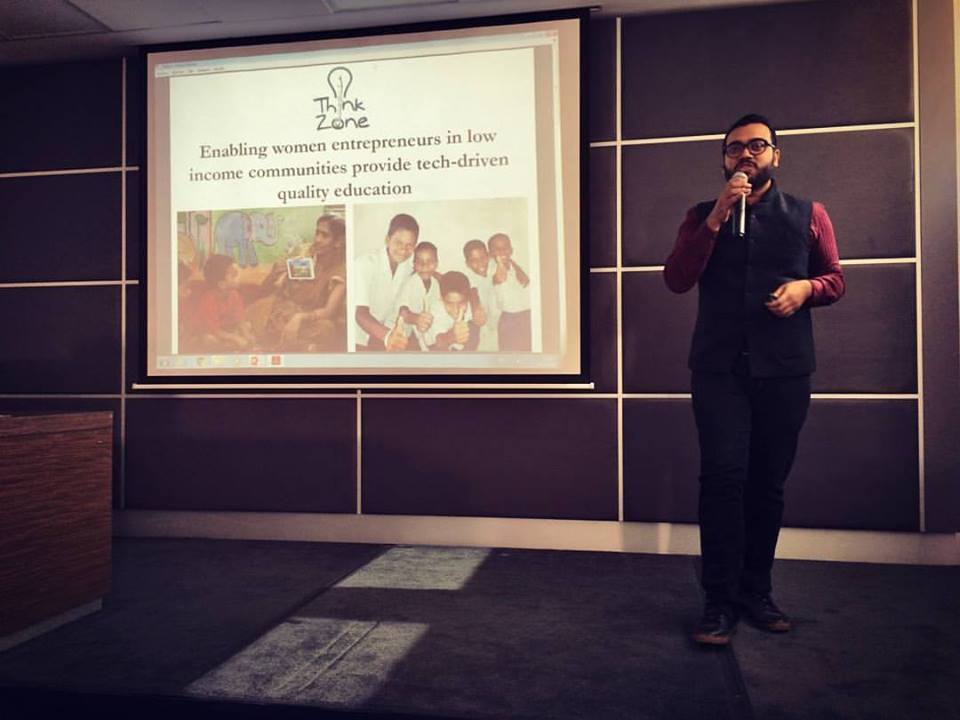30-YO Ex-World Bank Consultant Invents Education App, Helps 4000+ Kids in Odisha
From learning to speak in English, overcoming their insecurities to dreaming big in life, students in rural Odisha are now daring to pursue their personal and professional aspirations.
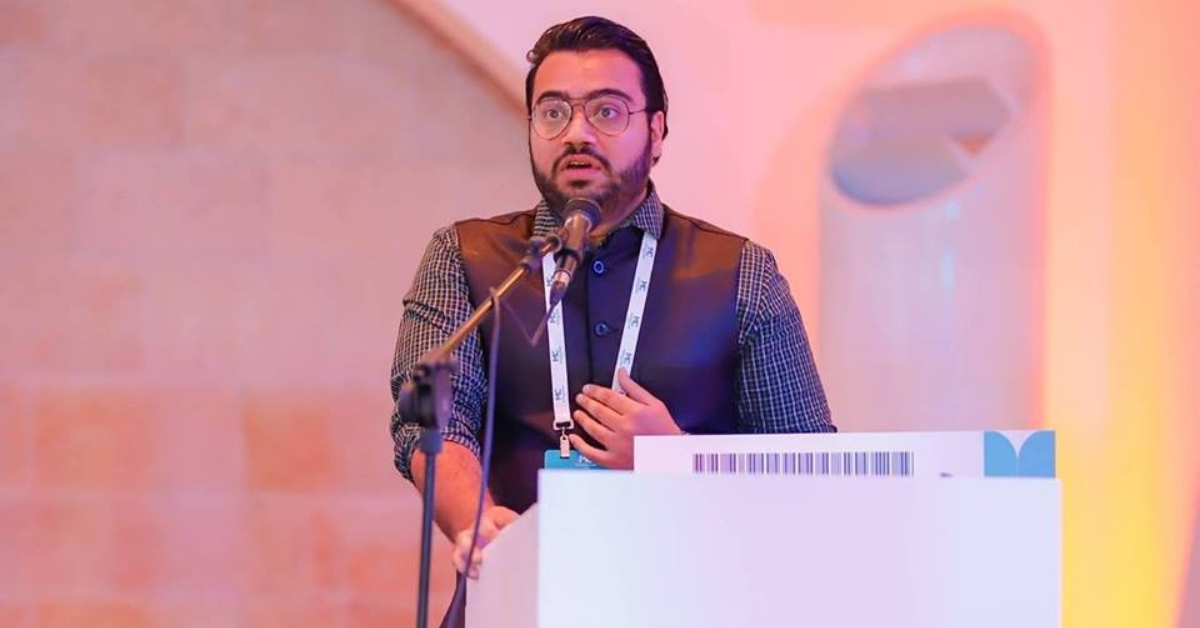
While India is working to increase the number of seats in IITs and IIMs to make these coveted institutions of higher learning more accessible to students and digital learning is taking over schools in urban areas, the silent issue of school dropouts in the country’s rural parts continue to question India’s education system.
As per the 2016 Annual States of Education Report (ASER) survey, which included over 560,000 children between three and 16 years in 589 districts of India,.3.5 per cent of children between the ages of 11 and 14 years, and 13.5 per cent between the ages of 15 and 16 years dropped out of schools that year, the Firstpost reported. Meanwhile, more than 25 per cent of children in grades I to VIII were not present in class when the district level household survey was conducted.
One of the major reasons for the given scenario cited in the research survey is the lack of interest among students. The same survey further goes on to state that children even lacked basic reading and arithmetic skills.
Binayak Acharya, a native of Cuttack, Odisha is working to revolutionise the academic scene by introducing the concept of digital learning among teachers and students living in the rural parts of the State.
Binayak Acharya started ThinkZone to provide quality education in rural areas of OdishaGiving an insight about the kind of education he received while growing up, Binayak tells The Better India (TBI),
I come from a middle-class background and my parents couldn’t afford to send me to expensive schools. Though I received a decent education, it was only during my college years that I realised how good the quality of learning could be.
Binayak thinks the problem with the education imparted in rural schools is that despite a student’s knowledge being below the grade level; the teachers continue to teach as per the syllabus paying very little attention to the needs of the learners.
Another trigger for Binayak was his stint in social enterprises, “I saw a similar pattern at my job. While people were able to deliver their work, they lacked knowledge because of which they would often work overtime.”
In 2014, he quit his job and took a risk in bringing affordable but quality education to rural schools through his organisation ‘ThinkZone.’
Bringing Digital Transformation at Grassroots Levels
Before approaching the villagers, Binayak and his team developed a learning app. It contains two sets of study materials – one for children aged between 3-5 and the other for the 5-10 age group. The interactive app uses games, puzzles and videos to impart education. For children who are not at par with their peers, the Teaching at the Right Level’ (TaRL) approach is used. Under this, children are assessed and then grouped according to their learning levels instead of grade or age.
The functioning of the App is such that it doesn’t require an internet connection once the courses are downloaded. All they have to do is open the app and teach in English or Oriya.
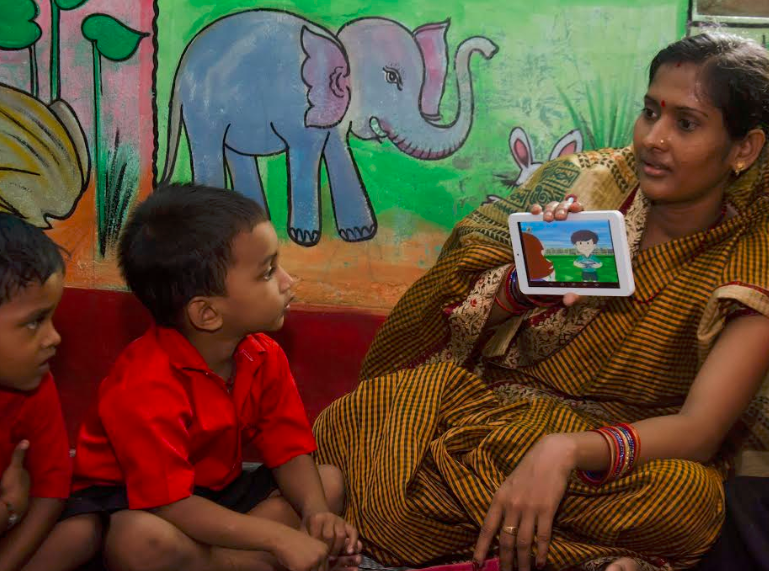
Having done his Masters in Rural Management and worked as a consultant in the World Bank, it was not difficult for Binayak to understand the functioning of a student-teacher relationship in rural areas.
To begin with, Binayak selected districts of Kendrapara, Bhadrak and Cuttack. He visited a couple of villages and spoke to the home tutors in the region. “The idea was to develop a community-led model. So, instead of approaching the tuition teachers in urban areas, I decided to empower the local tutors in the rural areas.”
As anticipated, the tutors mostly comprised of homemakers or college students who were in the field purely for monetary purposes, “Parents who do not understand the level of quality in schools enrol their child wherever they see an opportunity to improve their child’s future,” says Binayak.
To bridge the gap, ThinkZone identified the potential home tutors who were willing to learn and gave them rigorous activity and technology-based training.
And the training doesn’t stop.
Once every month, ThinkZone visits them for in-service training. A track record of all the teachers is also maintained to review their progress and act accordingly.
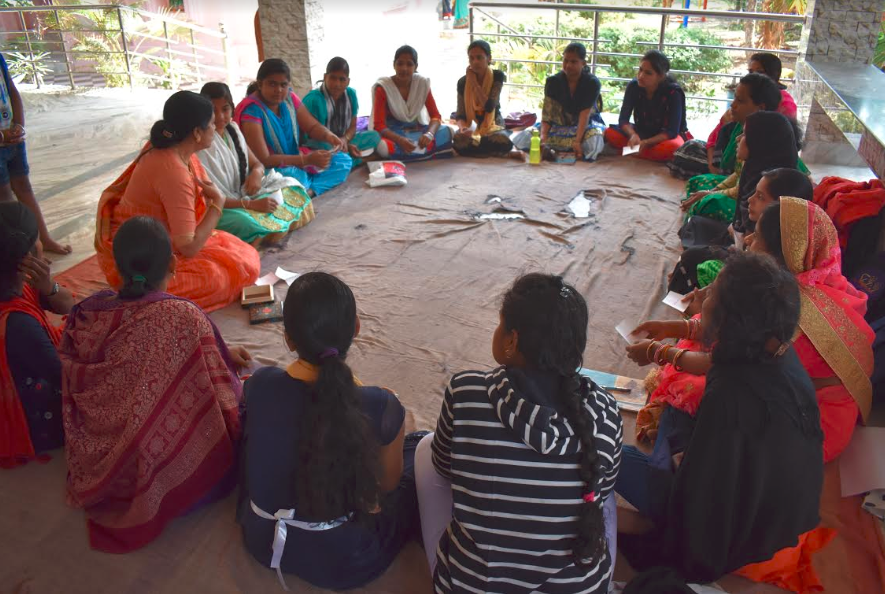
“Every tutor has to go through a screening test and an interview round to be eligible for the training. Once the training is over, they are put through a week’s pre-service where they teach the children through our Android app,” says the 30-year-old.
On passing the final test, they are officially on board.
While it may seem that training the homemakers and college-goers is challenging, the real challenge is to convince the parents for enrolling their children in the home-tutoring programme considering it is not free.
According to most of the parents the whole concept of charging a monthly nominal amount that ranges between Rs 50-100 is flawed. They don’t believe in paying money over and above the school fees, says Binayak.
To solve this problem, the Cuttack-based organisation started sending the local tutors to convince the parents. And the gamble paid off!
Parents agreed to pay the fees and send their children for the year-long programme under which the tutors dedicate three hours everyday post-school.
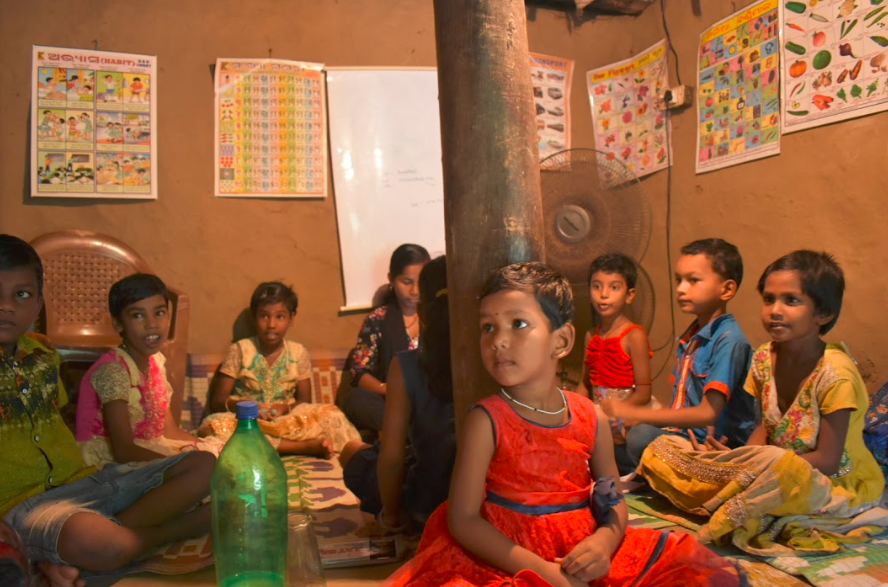
With time, the number of students increased, and since 2014, more than 4,000 students across 400 villages have been enrolled under this programme.
Furthermore, as these districts receive high rainfall, students are unable to access areas where their schools are located. But, ThinkZone is helping with its home tutors available within the localities.
“During monsoons, our village would be cut off from the areas where my son’s school is. Every year, he would sit at home for four months. But things have changed now. Even our kids are getting a quality education at an affordable price,” says Mamta Singh, one of the many parents who is thankful to ThinkZone.
From learning to speak in English, overcoming their insecurities to dreaming big in life, the students are now daring to pursue their personal and professional aspirations.
I had a very poor hand-eye coordination. With the help of the physical activities at ThinkZone, I am now confident in writing and can even play games with my friends. I like to use flashcards to learn new things. I love solving the Math worksheets, says 9-year-old Priya.
Empowering Homemakers and College Students
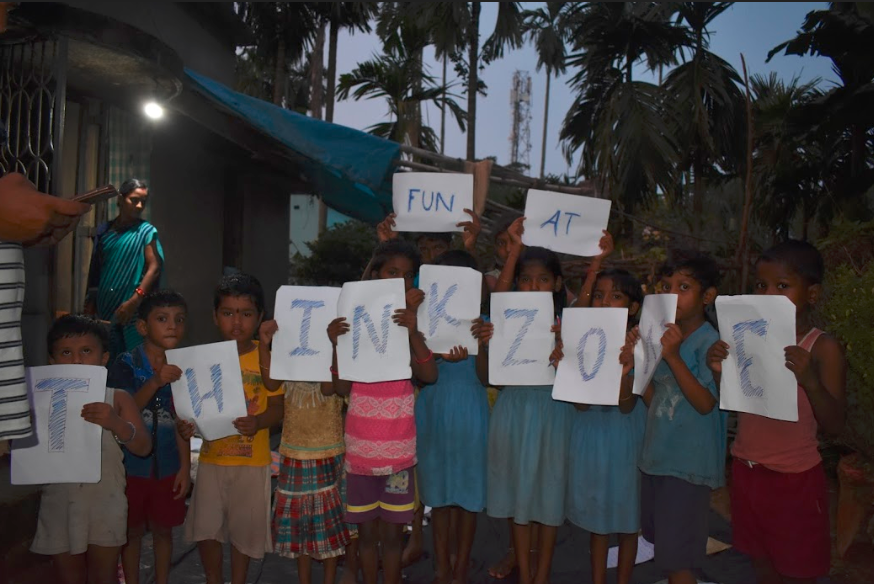
Of the 200 teachers that underwent the training programme, 101 teachers were selected and are now helping students strengthen their basics in all the subjects. Since most of the tutors are homemakers or college students, they only have to dedicate a couple of hours every day. Although, a part-time job, a stable income is generated every month providing financial security to the tutors.
On average, each tutor earns up to 3,000 every month. In addition to that, ThinkZone rewards them from time to time, based on their performance.
Additionally, the teachers are also being trained to improve their digital and entrepreneurial skills. As they have to interact with the parents often, their communication and marketing skills are also polished regularly.
“I am currently studying, and teaching part-time. The course of ThinkZone has not only helped me become financially independent but has also improved my teaching methods. I have also noticed a significant improvement in children’s learning patterns,” says Jyotimayee Bhuyan, one of the tutors.
While Jyotimayee is benefiting from the course even before her graduation, Sasmita Behera is grateful to ThinkZone for providing her employment post-graduation,
I finished my graduation, and for the longest time, I was unemployed. The app-based programme is a boon for me.
Future Plans of ThinkZone, A Self-Sustaining Model
Started as a bootstrapped organisation, ThinkZone has so far managed to sustain itself financially with a little help from investors. It also partners with NGOs, government schools and other affordable private schools to implement their programmes in low-income schools.
The organisation now approaches corporates for Corporate-Social Responsibility activities to acquire funds, “We have inquiries from several regions of India, particularly Jharkhand and Andhra Pradesh,” says Binayak.
It also has plans of expanding in seven other districts of Odisha, enrol 10,000 students and create jobs for 300 women within one year.
Being a matter of public subject, healthcare and education are ignored by the private sector and the people. No one wants to venture into education since there are negligible profits. But that is not true, improving the quality of education and generating revenue can be done simultaneously. Through my efforts, I am trying to change the narrative, signs off Binayak.
For their commendable efforts, ThinkZone has added a lot of feathers to their cap. In 2018, they were nominated among ten of the world’s most impactful and potential start-ups at MassChallenge Israel. It also won the 2018 CEMEX-Tec Award in Mexico. In the same year, the World Bank nominated ThinkZone initiative among the top scalable solutions to end global poverty.
To get in touch with ThinkZone, mail them at: [email protected]
Also Read: Digitalisation of Education Is the Solution to Our Archaic Learning Models
(Edited by Saiqua Sultan)
Like this story? Or have something to share?
Write to us: [email protected]
Connect with us on Facebook and Twitter.
If you found our stories insightful, informative, or even just enjoyable, we invite you to consider making a voluntary payment to support the work we do at The Better India. Your contribution helps us continue producing quality content that educates, inspires, and drives positive change.
Choose one of the payment options below for your contribution-
By paying for the stories you value, you directly contribute to sustaining our efforts focused on making a difference in the world. Together, let’s ensure that impactful stories continue to be told and shared, enriching lives and communities alike.
Thank you for your support. Here are some frequently asked questions you might find helpful to know why you are contributing?


This story made me
-
97
-
121
-
89
-
167



